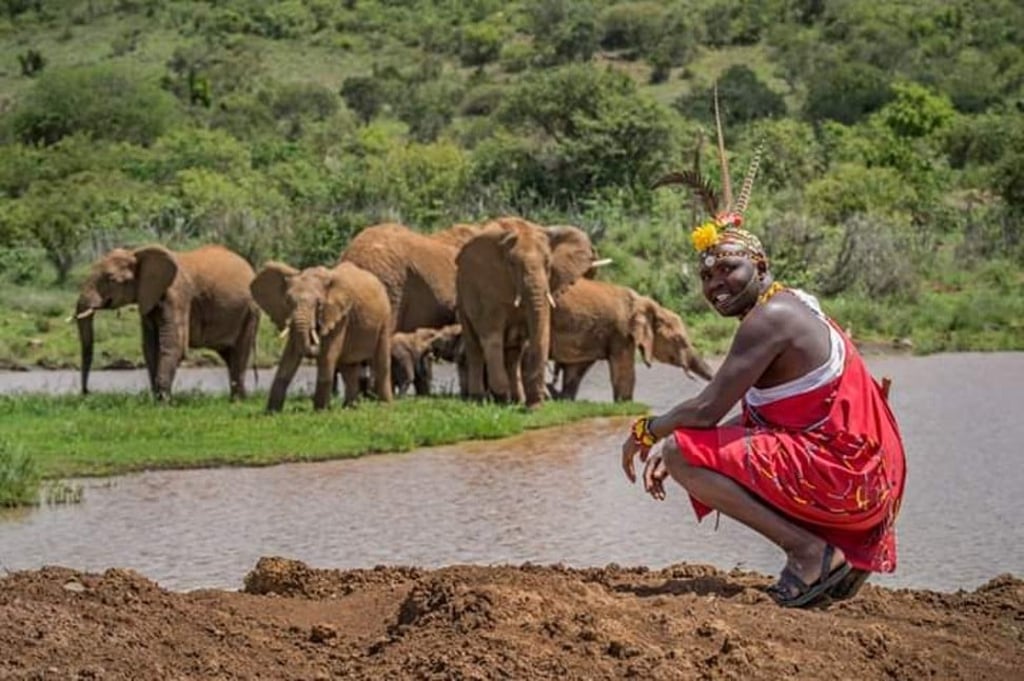The making of a Maasai safari guide in Kenya, from sneaking into school to leaving Africa for the first time
- Unofficial ambassador for Kenyan safaris Samuel Lengalai shares his thoughts on education, animals and the Maasai way of life

The simple life: I was born in 1985, in a village called Kirimon, in Kenya, and have lived there all my life. I’m the youngest of six children, three boys and three girls. We are from the Maasai tribe. Our life is simple. We live in a round mud house made with cow dung and soil. There are about 85 people in our village; we are all related, a clan. My parents were pastoralists.
Sometimes lions and leopards would attack our cows or goats; when that happened, we’d often eat the carcass that was left behind. I went to a primary school not far from our village. It was at school that I was introduced to Christianity and later I was baptised.
Education isn’t a big part of Maasai culture and after a couple of years at school, when I was nine, my father said I didn’t need to go any more. I stayed home for three months, but I missed school and wanted to go back, so I decided to try and sneak back. When I returned from school at noon my mum didn’t say anything, but in the evening my dad asked where I’d been. He beat me because I wouldn’t tell him.
Sneaking into school: The next day I sneaked off to school again. I’d hidden my school book in a bush and retrieved it before making my way to class. That evening I got another beating from my father.
This went on for 10 days – school and then a beating. I was getting tired of being beaten every day, so I asked one of the teachers to come to our house and explain to my father that I’d been going to school. My father was a little aggressive towards the teacher – this isn’t what he wanted to hear – but eventually he said I could go to school.
